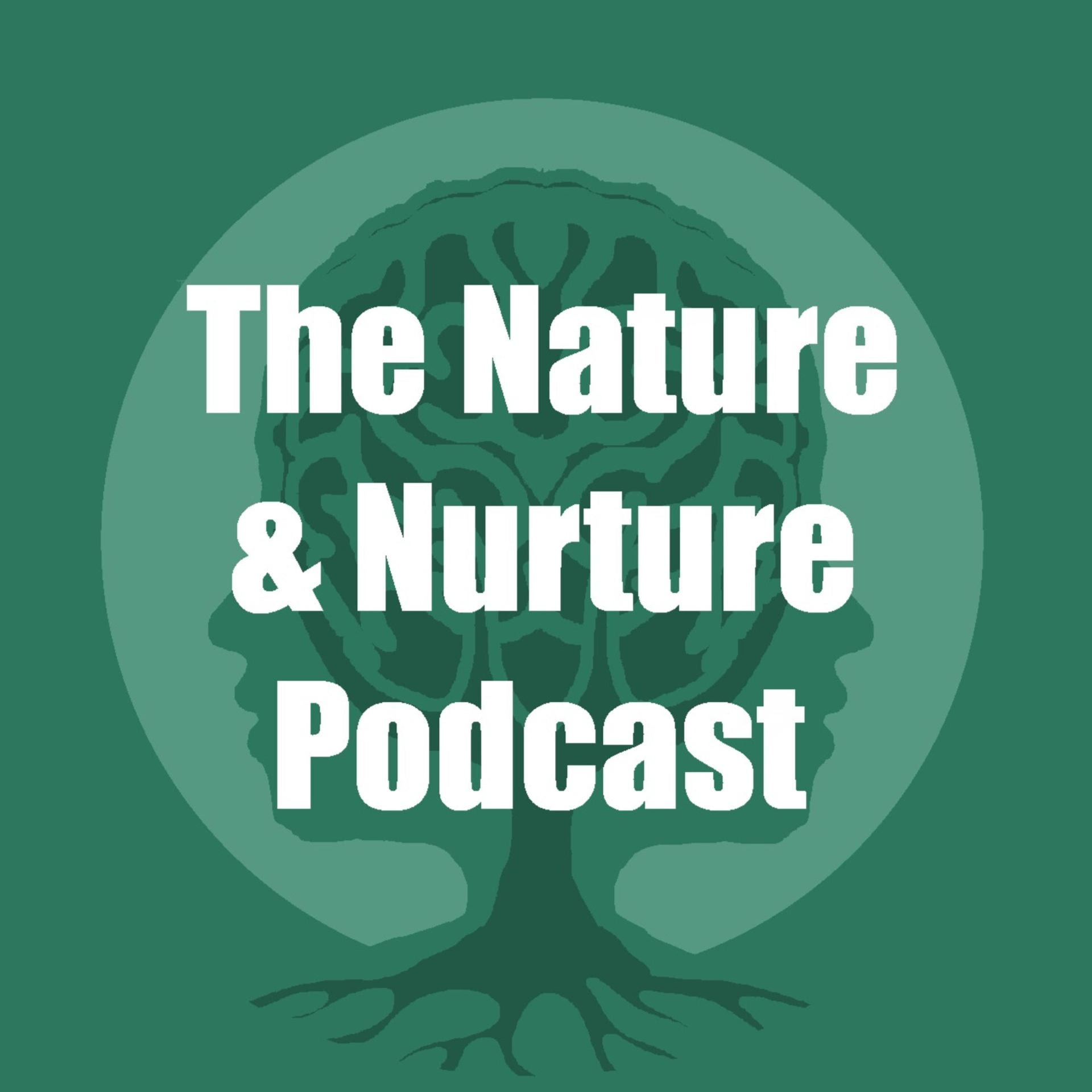How Does the Placebo Effect Work? Placebo analgesia might be all in the head, but that doesn’t mean it’s not real. Read new article in The Scientist!
Featuring Wager et al., 2007 and Botvinik-Nezer et al., 2024.
How Does the Placebo Effect Work? Placebo analgesia might be all in the head, but that doesn’t mean it’s not real. Read new article in The Scientist!
Featuring Wager et al., 2007 and Botvinik-Nezer et al., 2024.
Pain is defined subjectively, but an objective measure of the experience promises to transform its management. Read new article in Nature!
Using functional magnetic resonance imaging, for example, several groups have identified patterns of brain activity that reflect different types of pain — including sensory, emotional and cognitive aspects of the experience. And some researchers have achieved similar results with electrophysiological recordings.
These efforts have yielded some of the most accurate pain-related signatures so far, offering insights into the neural pathways associated with pain and highlighting targets for therapeutic interventions. “This lays the groundwork for identifying potential treatment targets,” says Tor Wager, a neuroscientist at Dartmouth College in Hanover, New Hampshire.
 About 20 percent of adults in the United States suffer from chronic pain. Scientists hope new research translates into new options for relief. Read new article from ScienceNews here!
About 20 percent of adults in the United States suffer from chronic pain. Scientists hope new research translates into new options for relief. Read new article from ScienceNews here!
“The idea that your brain is actively creating pain, turning it up and down, facilitating spinal cord signaling of pain or dampening it, is really kind of a revelation over the past few decades,” says Wager, of Dartmouth. And it’s an idea that’s just beginning to percolate into mainstream medicine.
 Tor featured in article from NewScientist: Brain scans of people tasting squirts of hot sauce have revealed how positive and negative expectations can influence brain activity patterns for pleasure and pain. Read here!
Tor featured in article from NewScientist: Brain scans of people tasting squirts of hot sauce have revealed how positive and negative expectations can influence brain activity patterns for pleasure and pain. Read here!
Listen here! The chronic pain segment begins @ 47:00.
Many Canadians suffer from debilitating chronic back pain, affecting their work, relationships and even mental health. We hear from researchers about a treatment called pain reprocessing therapy, which could offer some sweet relief by re-framing that pain in our minds.
CBC Radio’s The Current is a meeting place of perspectives with a fresh take on issues that affect Canadians today.
Read about the hope of pain reprocessing therapy to offer an alternative to drugs or surgery!
After an injury, brain circuits can become hypersensitive to prevent you from getting hurt again, says Tor Wager, a psychology and neuroscience professor at Dartmouth College and senior author of the 2022 JAMA Psychiatry study.
More than 50 million Americans suffer from chronic back pain — but a new drug-free groundbreaking treatment, pain reprocessing therapy, is helping patients and offering new hope.
Check out the related publication!
Tor Wager, the Diana L. Taylor Distinguished Professor in Neuroscience, helps lead Dartmouth’s Breaking the Neural Code academic cluster, which includes research on how placebos affect patients who are feeling pain. “We study how the brain creates mental models, belief structures, that then guide how we experience the world, and in particular how we experience pain,” Wager says.

The New York Times article, “I Have to Believe This Book Cured My Pain” by Juno DeMelo focuses on Dr. John Sarno’s treatment of chronic pain. Highlighted in this article, Tor Wager explains that rethinking the causes of pain can help those suffering and that stressors, such as early adversities or economic hardship, can effect pain.
 Affective Neuroscience & Belief
Affective Neuroscience & Belief
Adam Omary interview Professor Tor Wager on the latest episode of Nature and Nurture Podcast
Our new study, “Effect of Pain Reprocessing Therapy vs Placebo and Usual Care for Patients With Chronic Back Pain: A Randomized Clinical Trial” shows that Psychological treatment centered on changing patients’ beliefs about the causes and threat value of pain may provide substantial and durable pain relief for people with chronic back pain!
The findings provide some of the strongest evidence yet that a psychological treatment can provide potent and durable relief for chronic pain, which afflicts one in five Americans.

“For a long time we have thought that chronic pain is due primarily to problems in the body, and most treatments to date have targeted that,” said lead author Yoni Ashar, who conducted the study while earning his Ph.D. in the Department of Psychology and Neuroscience at CU Boulder. “This treatment is based on the premise that the brain can generate pain in the absence of injury or after an injury has healed, and that people can unlearn that pain. Our study shows it works.”
Dartmouth News: In Chronic Pain? Changing Your Attitude May Give Relief
U.S.News: Special Therapy Brings Relief to Patients With Chronic Back Pain
CU Boulder Today: How therapy, not pills, can nix chronic pain and change the brain
Denver7 – The Denver Channel: CU Boulder research shows benefits of pain reprocessing therapy
Altmetric News: Effect of Pain Reprocessing Therapy vs Placebo and Usual Care for Patients With Chronic Back Pain
SciTechDaily: Rethinking What Causes Pain: Psychological Treatment Shown To Yield Strong, Lasting Pain Relief
Science Daily: Back pain: Psychological treatment shown to yield strong, lasting pain relief, alter brain networks
Florida News Times: Psychotherapy that has been shown to provide powerful and lasting pain relief and alter brain networks
The Irish News: Give patients with back pain therapy – study suggests
The Sunday Times: Pain reprocessing therapy helps with chronic back pain
Video interviews with participants randomized to PRT
Continue reading “Special Therapy Brings Relief to Patients With Chronic Back Pain”